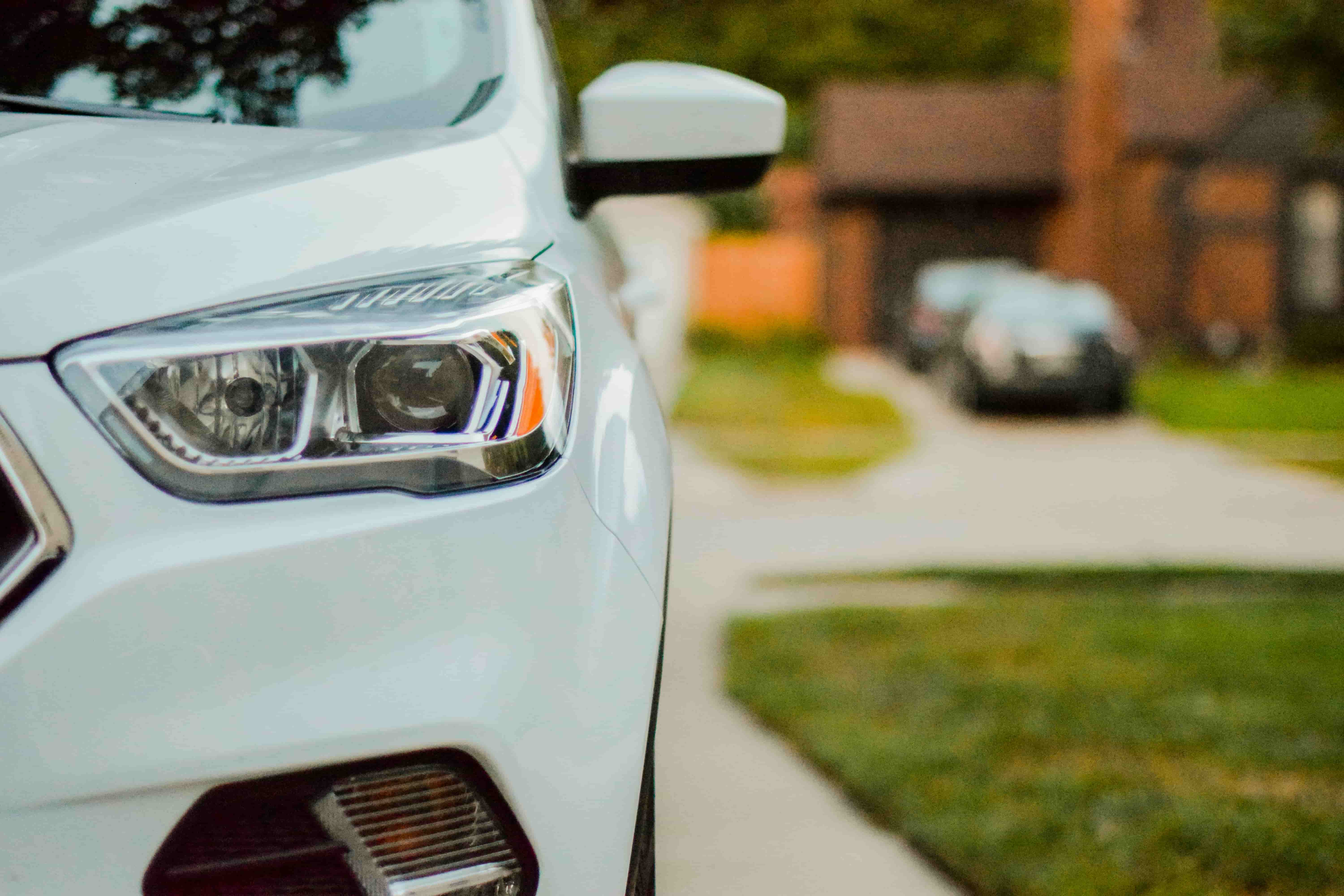
Choose The Right Car Insurance For Your Needs: A Step-By-Step Guide
Selecting the appropriate car insurance can be overwhelming with the plethora of options available in the market.
However, it’s a crucial decision that directly impacts your financial security and peace of mind on the road. To simplify this process and ensure you make an informed choice, here is a step-by-step guide to help you navigate through the intricacies of selecting the right car insurance for your needs.
1. Assess Your Coverage Needs
Before diving into the sea of insurance policies, take a moment to evaluate your coverage requirements. Consider factors such as driving habits where specialized Car Insurance for High-Risk Drivers may come in handy – considering the history of accidents, traffic violations, or poor credit scores. On the other hand, if you have an older vehicle, you might opt for liability coverage to meet legal requirements while minimizing costs.
2. Understand the Types of Coverage Available
Car insurance typically offers several types of coverage, each serving different purposes. Liability coverage protects you financially in case you’re at fault in an accident, covering the costs of damage to other’s property or medical bills. Collision coverage pays for repairs to your vehicle in case of a collision, regardless of fault. Comprehensive coverage, meanwhile, covers non-collision incidents such as theft, vandalism, or natural disasters.
Liability Coverage
This type of coverage is essential as it protects you financially if you’re responsible for causing an accident. It typically includes two components: bodily injury liability, which covers medical expenses and lost wages for other parties involved, and property damage liability, which covers repairs or replacement costs for damaged property.

Collision Coverage
Collision coverage steps in to cover the costs of repairing or replacing your vehicle if it’s damaged in a collision, regardless of fault. This type of coverage is particularly valuable for newer or more expensive vehicles where repair costs can be substantial. Collision coverage from a Bossier City car insurance company typically comes with a deductible, which is the amount you’re responsible for paying out of pocket before your insurance kicks in.
Comprehensive Coverage
Comprehensive coverage protects against non-collision incidents such as theft, vandalism, fire, or natural disasters. It’s often paired with collision coverage to provide comprehensive protection for your vehicle. While comprehensive coverage isn’t required by law, it can offer valuable financial protection in situations where your vehicle is damaged or lost due to unforeseen events.
Personal Injury Protection (PIP) or Medical Payments Coverage
PIP or medical payments coverage helps cover medical expenses for you and your passengers in the event of an accident, regardless of fault. This coverage can include medical bills, lost wages, and even funeral expenses, depending on the policy. PIP is required in some states and optional in others, while medical payment coverage is typically optional.

3. Research Different Insurance Providers
Once you’ve determined your coverage needs, it’s time to research insurance providers. Look beyond just the premiums and delve into factors such as customer service, the claims handling process, and the insurer’s reputation for reliability. Online reviews and ratings can offer valuable insights into other customers’ experiences with the company. Additionally, consider seeking recommendations from friends, family, or online communities to narrow down your options.
4. Compare Quotes
Request quotes from multiple insurance providers to compare prices and coverage options. While affordability is important, prioritize finding a balance between cost and coverage. Keep an eye out for any discounts or incentives that could help lower your premium, such as bundling multiple policies or maintaining a clean driving record. Remember to review the fine print and ask questions about any terms or conditions you don’t understand.
5. Review Policy Details Carefully
Before finalizing your decision, carefully review the details of the policy you’re considering. Pay attention to coverage limits, deductibles, and any exclusions that may apply. Ensure that the policy aligns with your needs and provides adequate protection in various scenarios. Don’t hesitate to reach out to the insurance provider or agent for clarification on any aspects of the policy that are unclear.

6. Periodically Reassess Your Coverage
Your car insurance needs may evolve due to changes in your life circumstances or driving habits. Periodically reassess your coverage to ensure it still meets your needs and offers the best value for your money. Factors such as purchasing a new vehicle, moving to a different location, or changes in your financial situation may warrant adjustments to your policy.
Choosing the right car insurance requires careful consideration of your coverage needs, research into available options, and comparison of quotes from different providers. By following this step-by-step guide, you can make an informed decision that provides you with the necessary protection on the road without breaking the bank. Remember to regularly review your coverage to adapt to changes in your circumstances and ensure continued peace of mind behind the wheel.








